Nose Bleeds - Overview
The nose is a part of the body loaded with blood vessels, so it may be prone to bleeding.
When one has nose bleeds, it usually is not that serious. It can be treated at home, but sometimes, medical help is needed. Sometimes the cause of this problem is not dangerous (such as a slight infection or a sore) but sometimes, the cause can be more perilous, as in the case of hemophilia, liver disease, or high blood pressure.

There are two types of natural nose bleeds, based on where they initiate.
(1) Anterior nosebleeds make for more than ninety percent of all nose bleeds. They are not difficult to control by certain measures that a physician might indicate. The bleeding comes from a blood vessel in the nasal septum.
(2) Posterior nose bleeds are much less common and usually occur with the elderly. The bleeding comes from an artery in the back part of the nose. This type is more complex and usually requires admittance to the hospital.
In other cases, nose bleeds usually come from some kind of trauma to the nose. Because it is situated in a tricky place on the head, it is not that difficult to hurt.
In this case, there is a first-aid method that might help. The injured person should sit with the upper part of the body slanted forward and the mouth open to spit out the blood. Another person should check his nose, and remove any objects that might be in it. Then, the patient should pinch the nose, holding it for about five minutes until the bleeding has ceased. After that, ice should be applied to the nose and cheeks.
Precautions
Certain precautions may help prevent further nose bleeds, or, at least, reduce the frequency of their appearance. One should avoid smoking, picking one’s nose, any hard straining, bending to lift something heavy, etc.
Remedies for Nose Bleeds
Hamamelis, when the bleeding is abundant, very slow, and the blood does not clot. Very effective when stopping hemorrhages.
Phosphorus, when the blood from the nose is bright red, and when the bleeding appears with very little or no inducement.
Belladonna is used when one’s nose starts suddenly bleeding. The person may have a fever and be extra sensitive to noise.
Arnica is used when the bleeding is caused by an injury or after long coughing.
Vipera, when dizziness accompanies the bleeding. The blood is dark and does not clot.
Ferrum phosphoricum, when one is pale and the blood bright red. Especially helpful with nose bleeds in children.
Lachesis is used when a nosebleed accompanies menstrual flow.
- I gave him MELLIFOLIUM 6, in frequent repeated doses. This drug didn’t disappoint me, bleeding stopped within couple of minutes. I told them that this drug is not enough for him to get cured as I need to interview him. They promised me to meet me after one month. After going to their place, he got frequent attacks of nose bleeding. Mellifolium 30 and next Mellifolium 200 was given to him, which I already sent with them in first consultation. After Mellifolium his profuse bleeding stopped, and nose obstruction also no more. Role of Mellifolium finished at this point. There was no further improvement with Mellifolium. I needed a in-depth case history at that point of time, to select more deeper remedy to his constitution.
- He is sensitive to external impressions. Sensitive to weather changes and sounds. I observed his sensitivity in my clinic, how he got startled with sudden sound.
- He used to have lot of anxiety and doubts regarding his health. He always felt happy and relaxed after my assurance and consultation.
- He is an independent person, not dependent on parents mediator ship in consultation, but whenever his problem began, however small it might have been he needs his mother’s and my support. Her mother would call and talk about his situation instead of him. He expects extra care and love when he gets sick.
- Swelling and dryness of nose, when ever he bled. His nose bleed always came after or AGG by washing face. There was a family history of tuberculosis He used to get frequent attacks of coryza since childhood due to change of weather. He said, he likes cold water but avoids all cold items, which aggravates his problem. So, more or less that was the case.



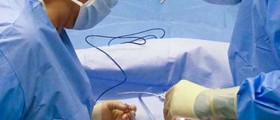
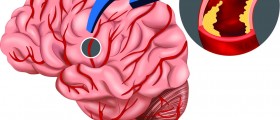
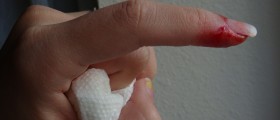

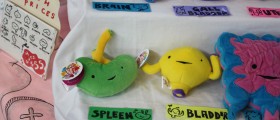
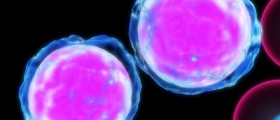


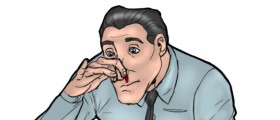

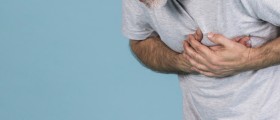
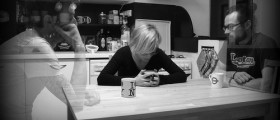

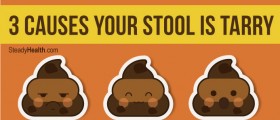
Your thoughts on this
Loading...